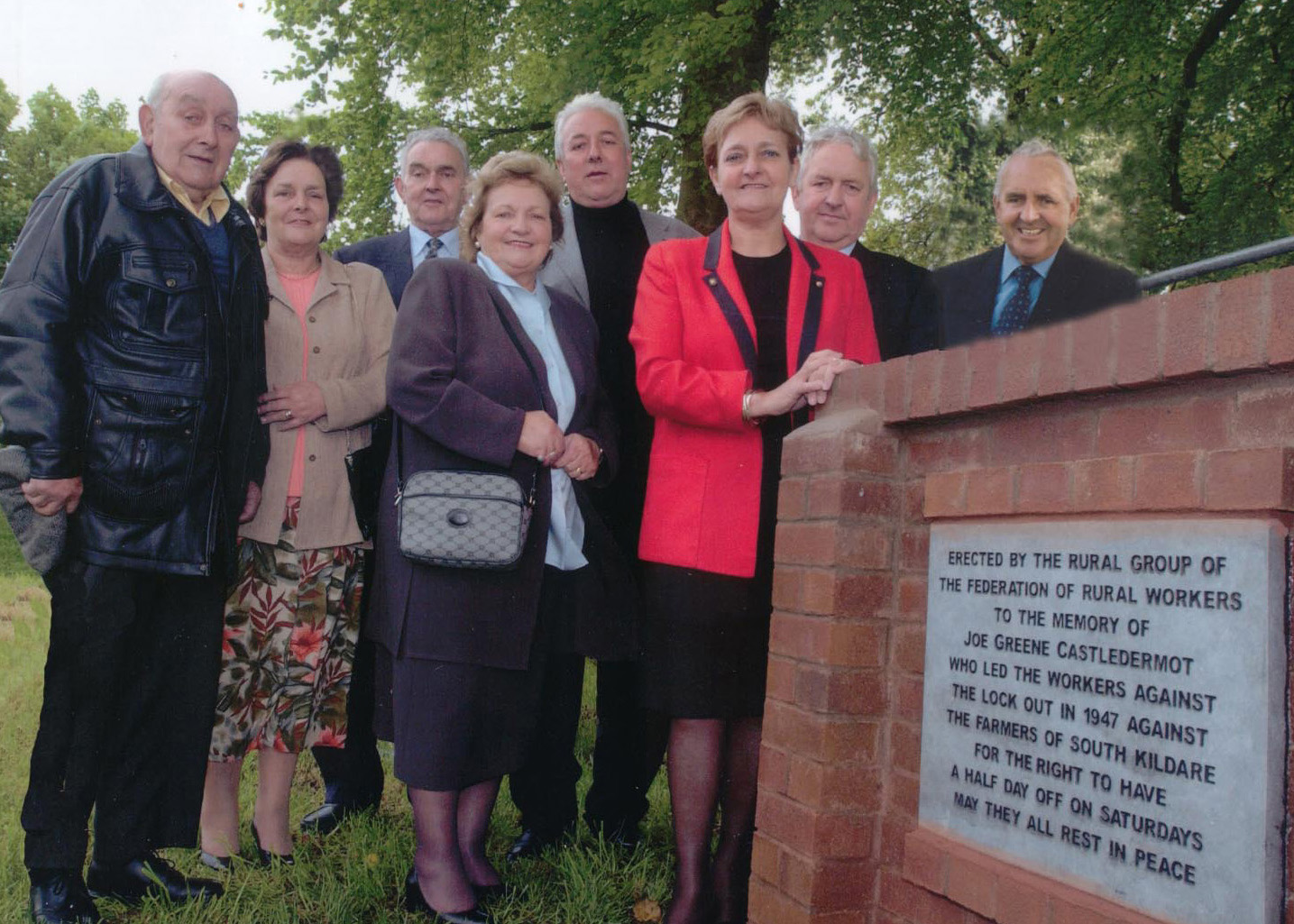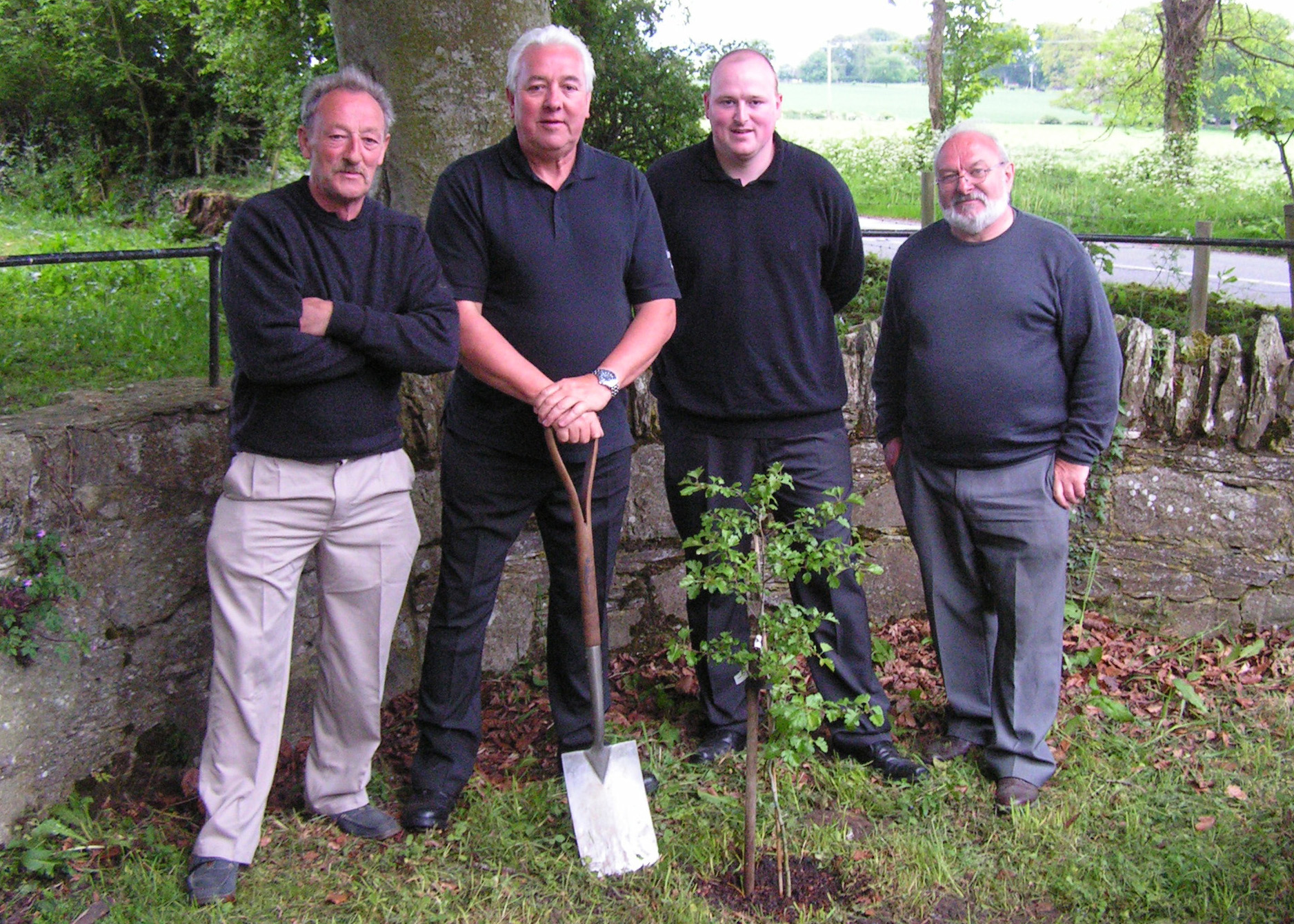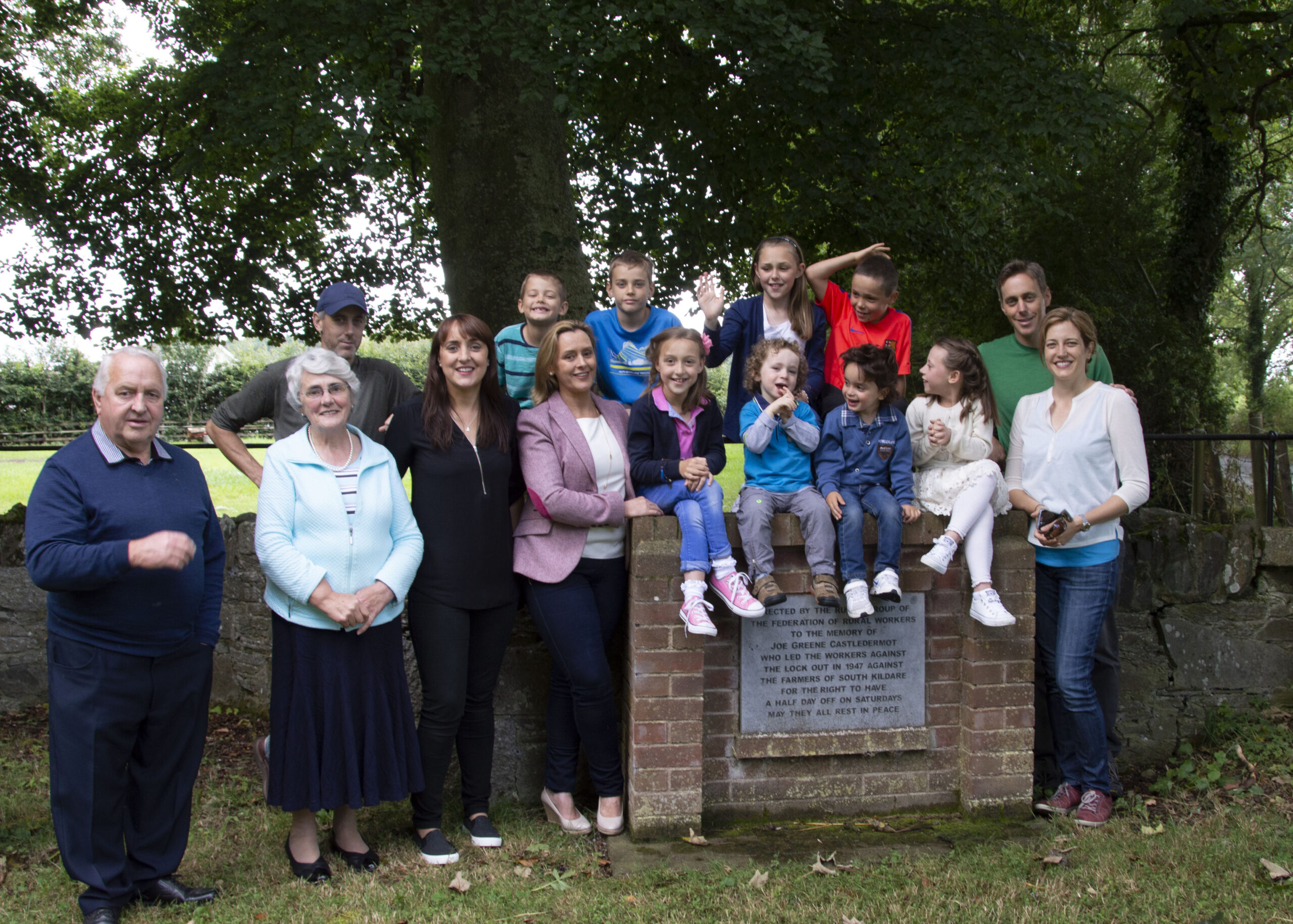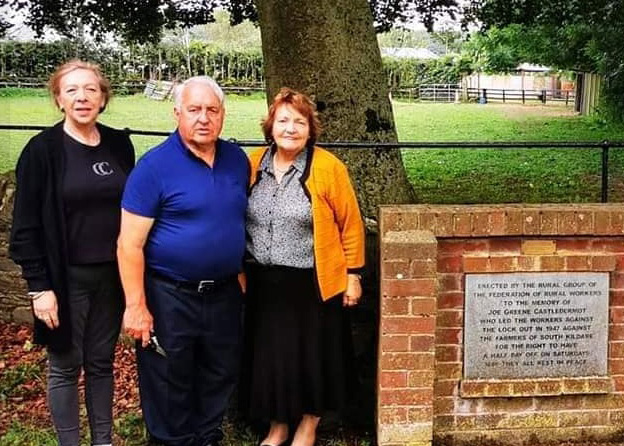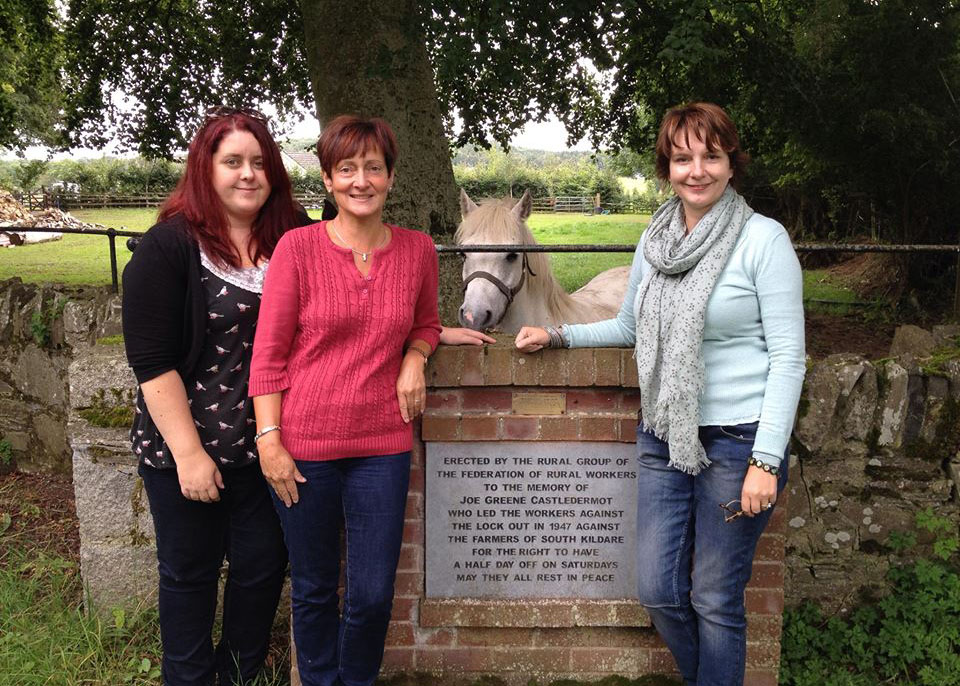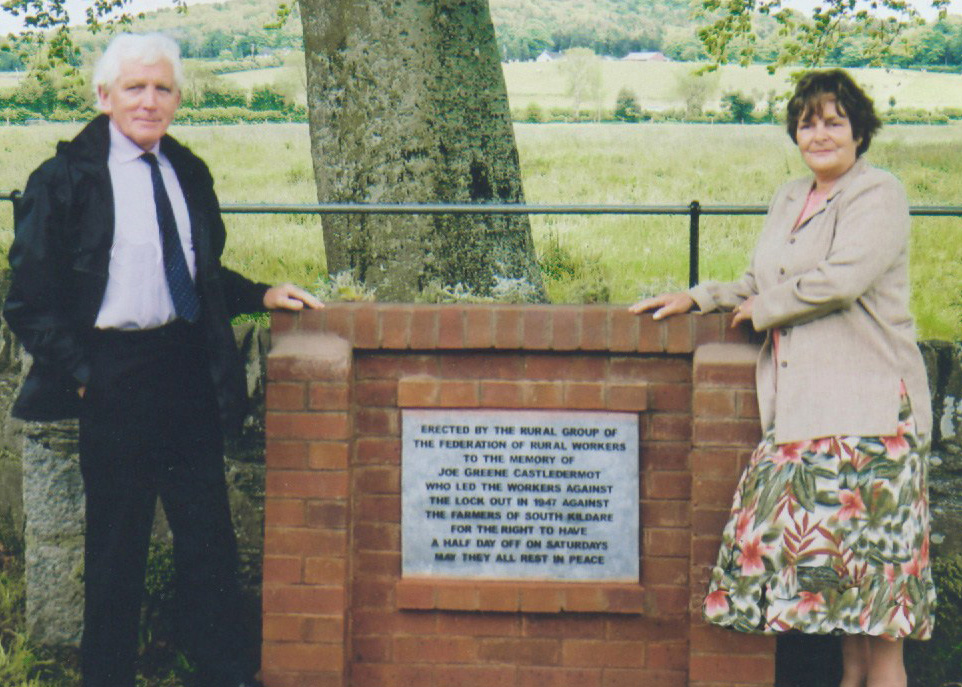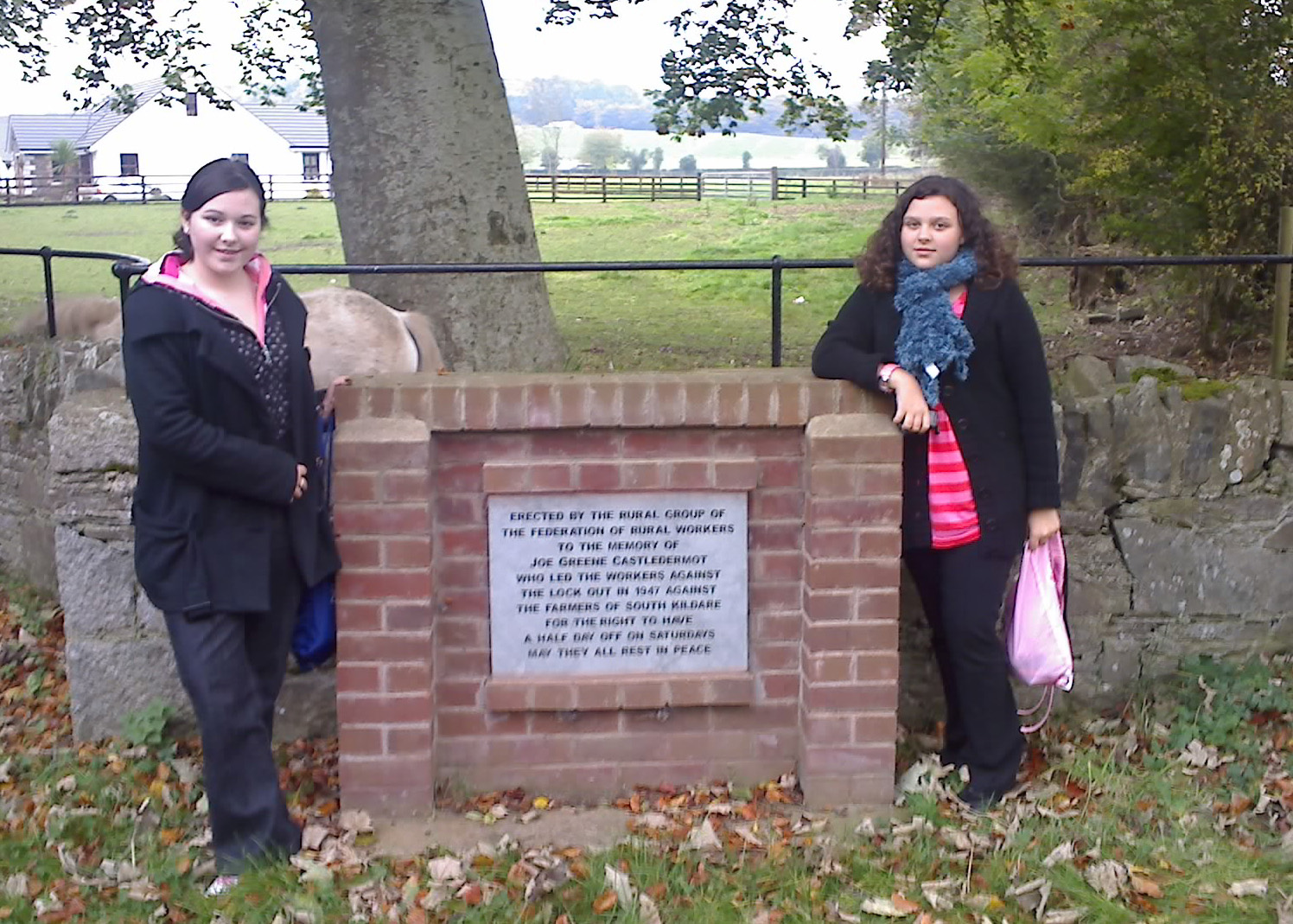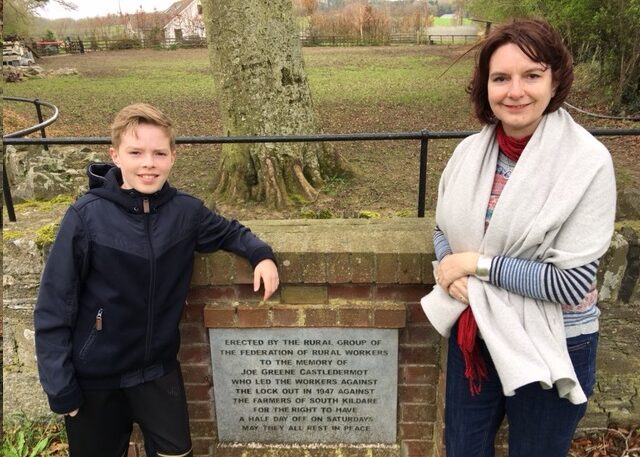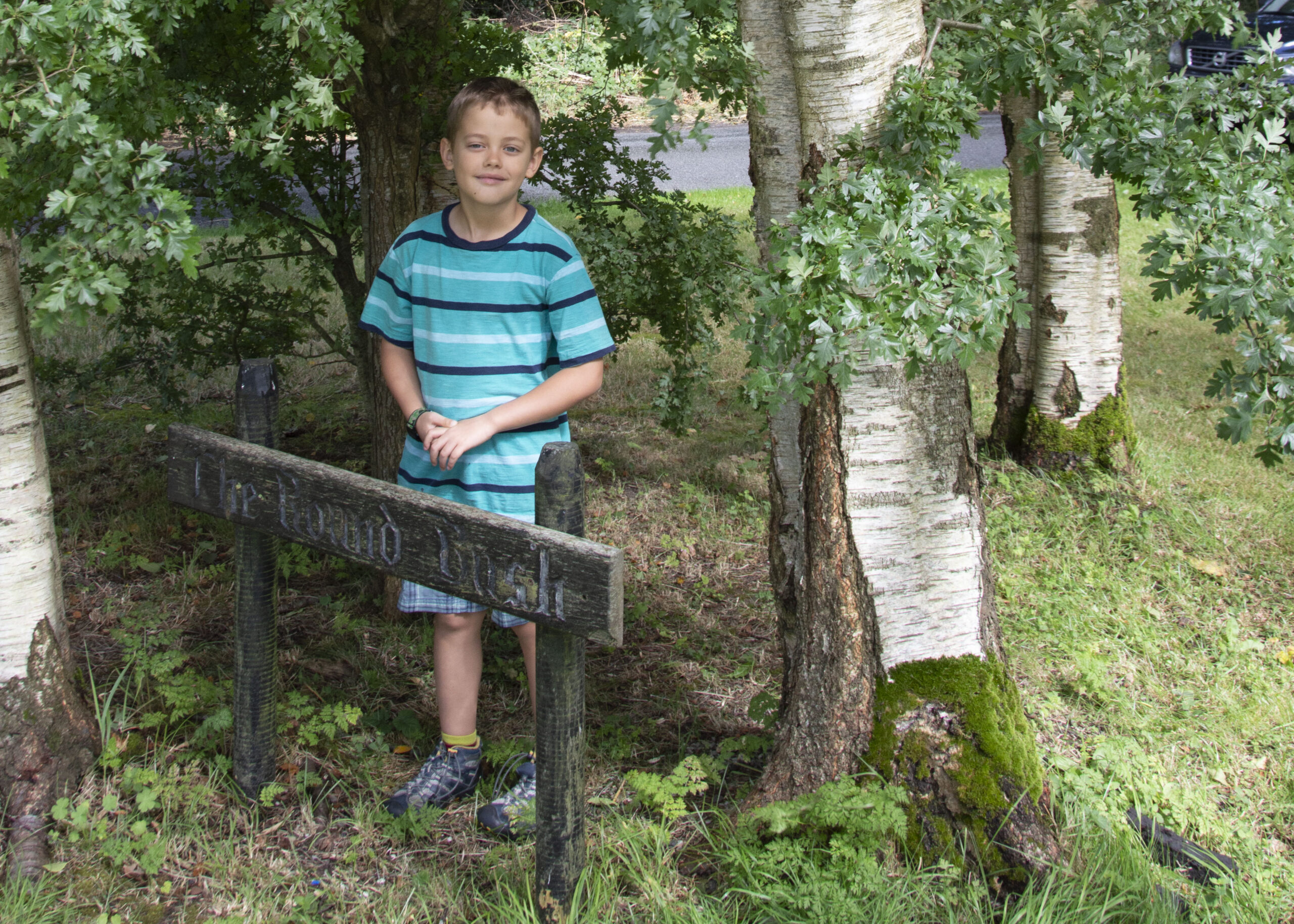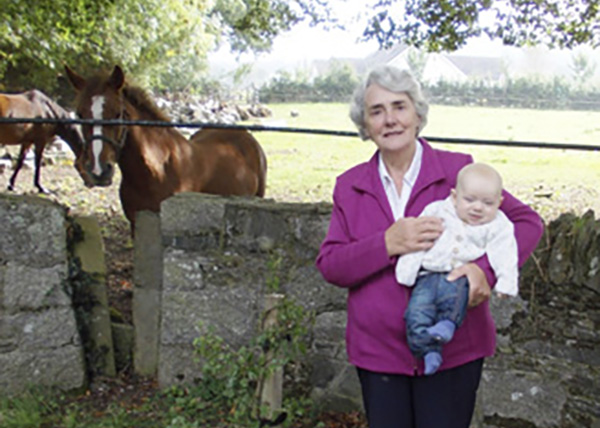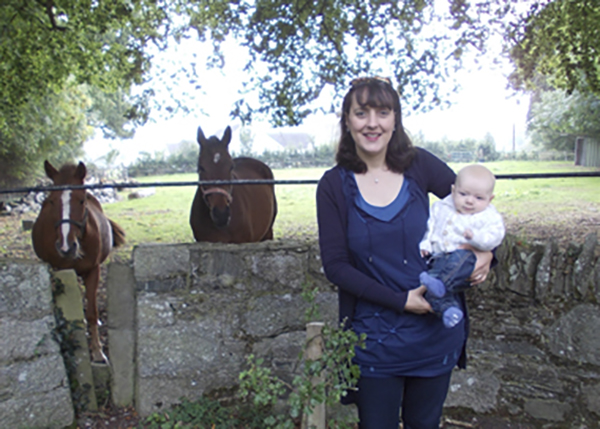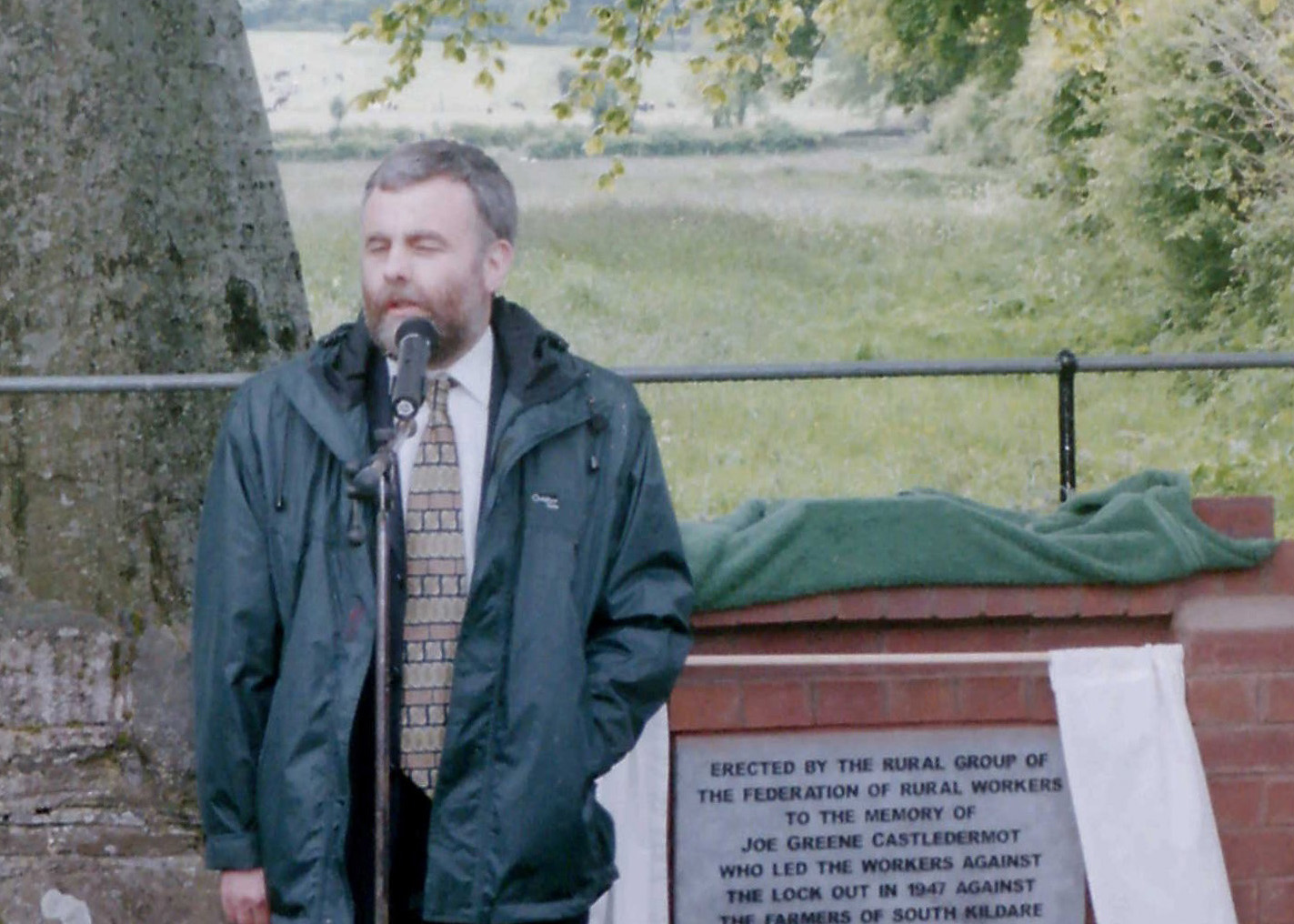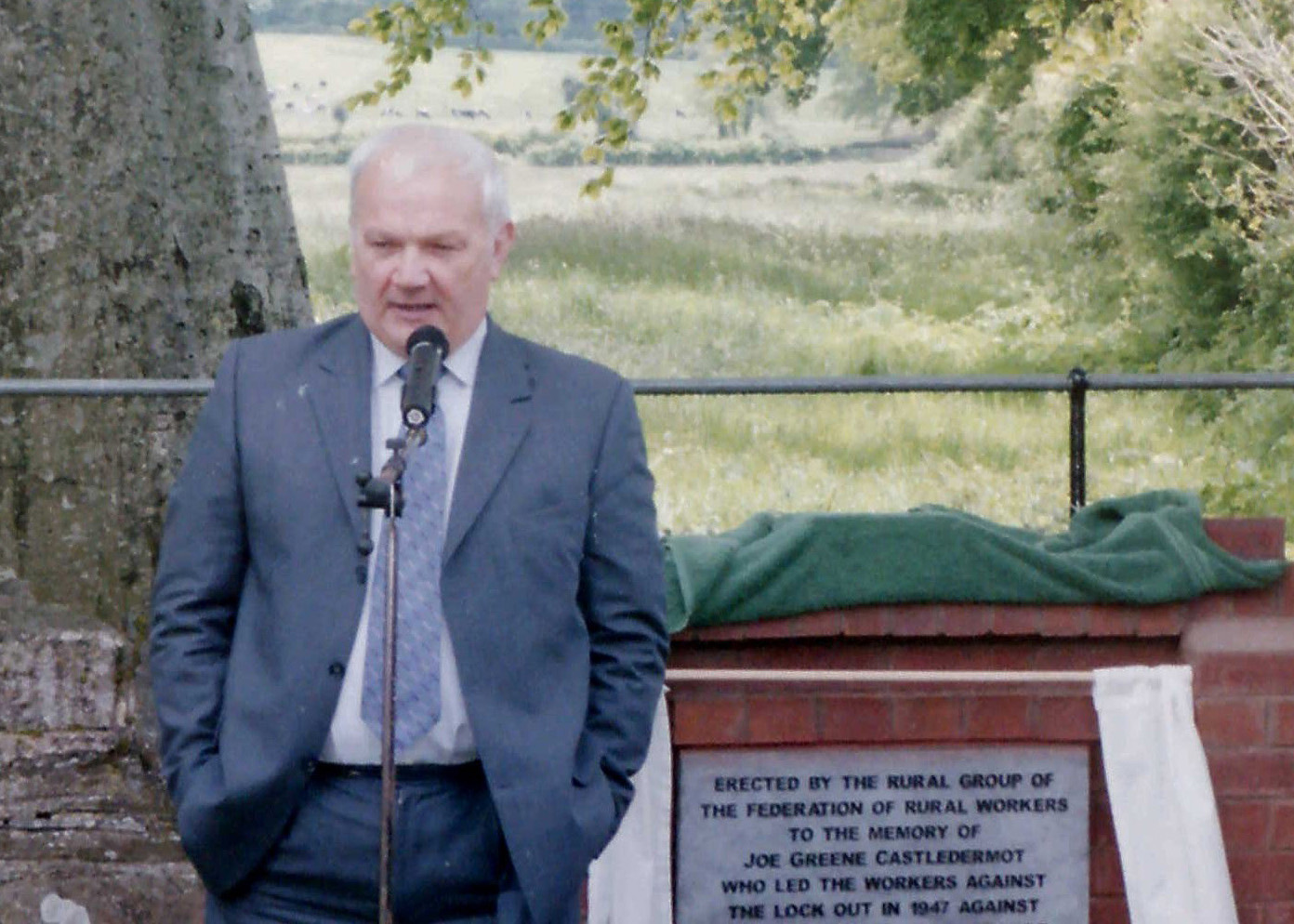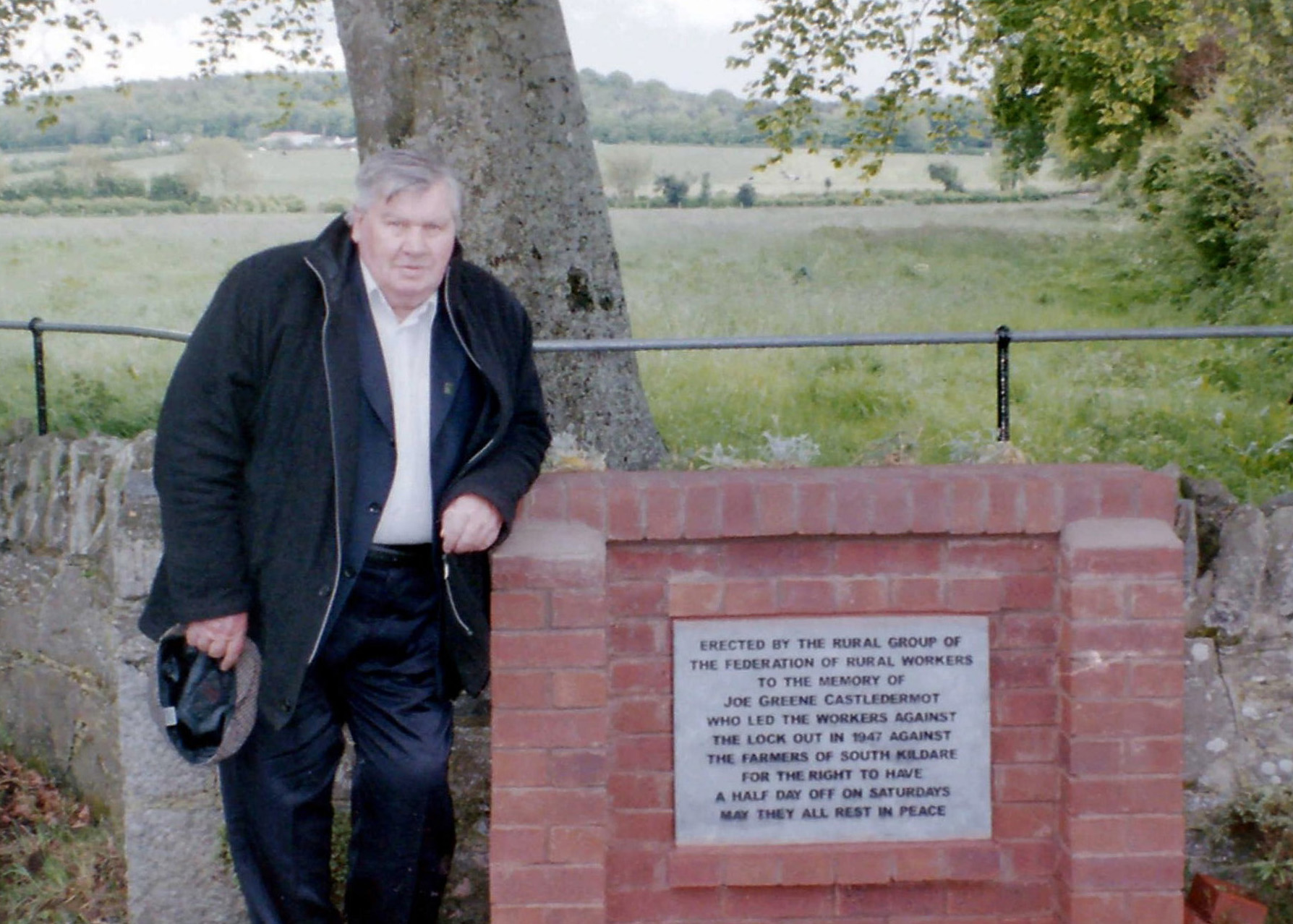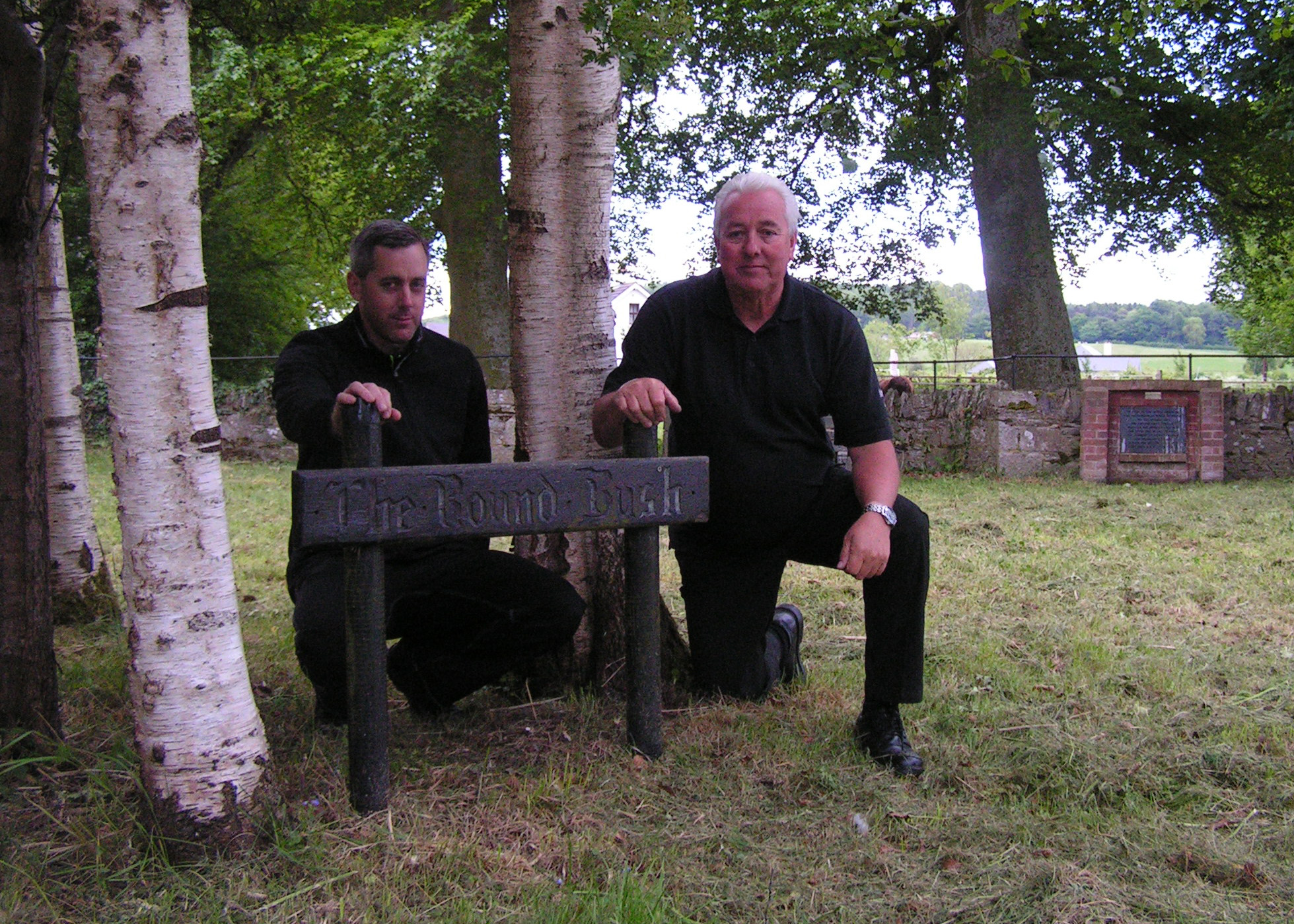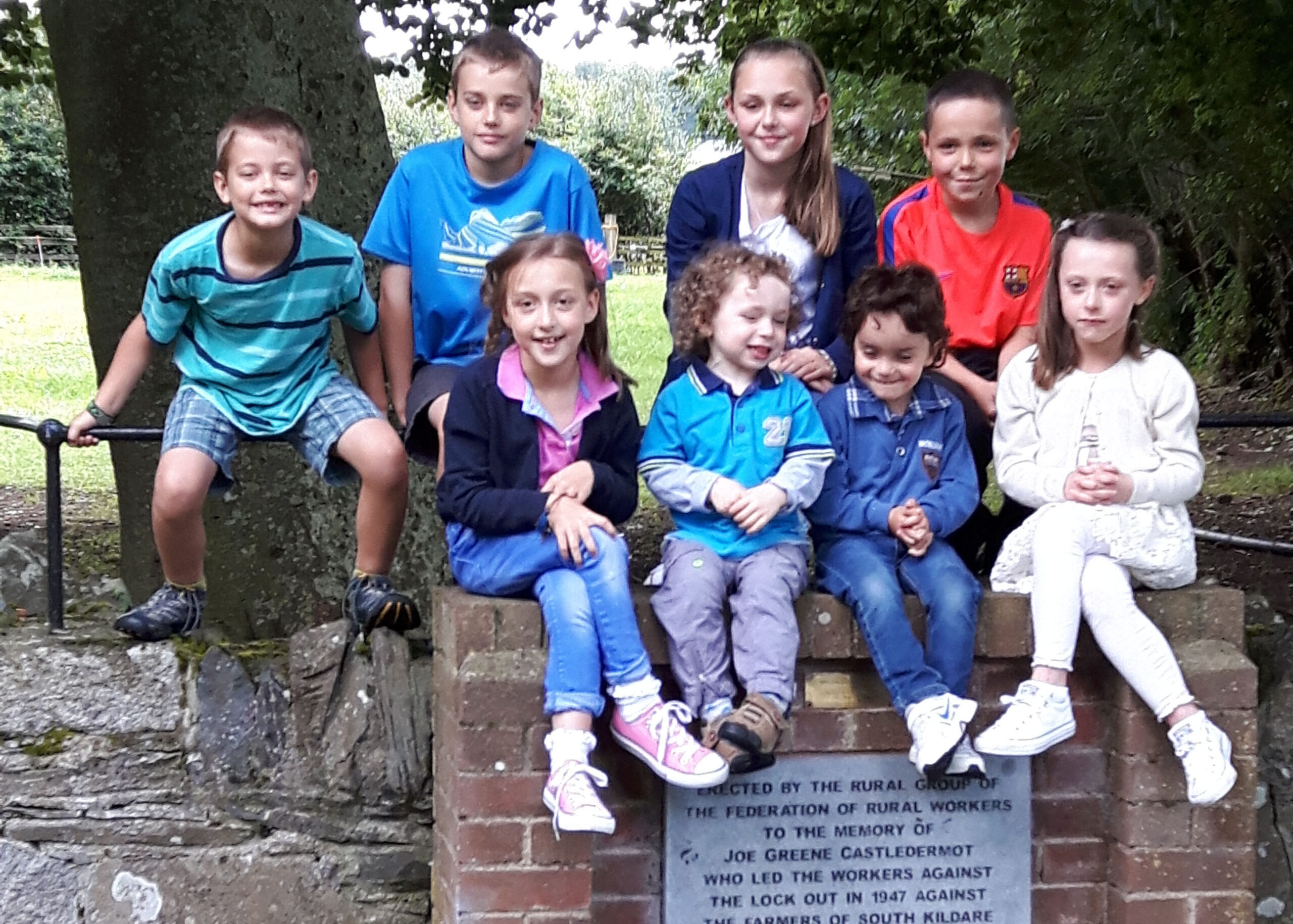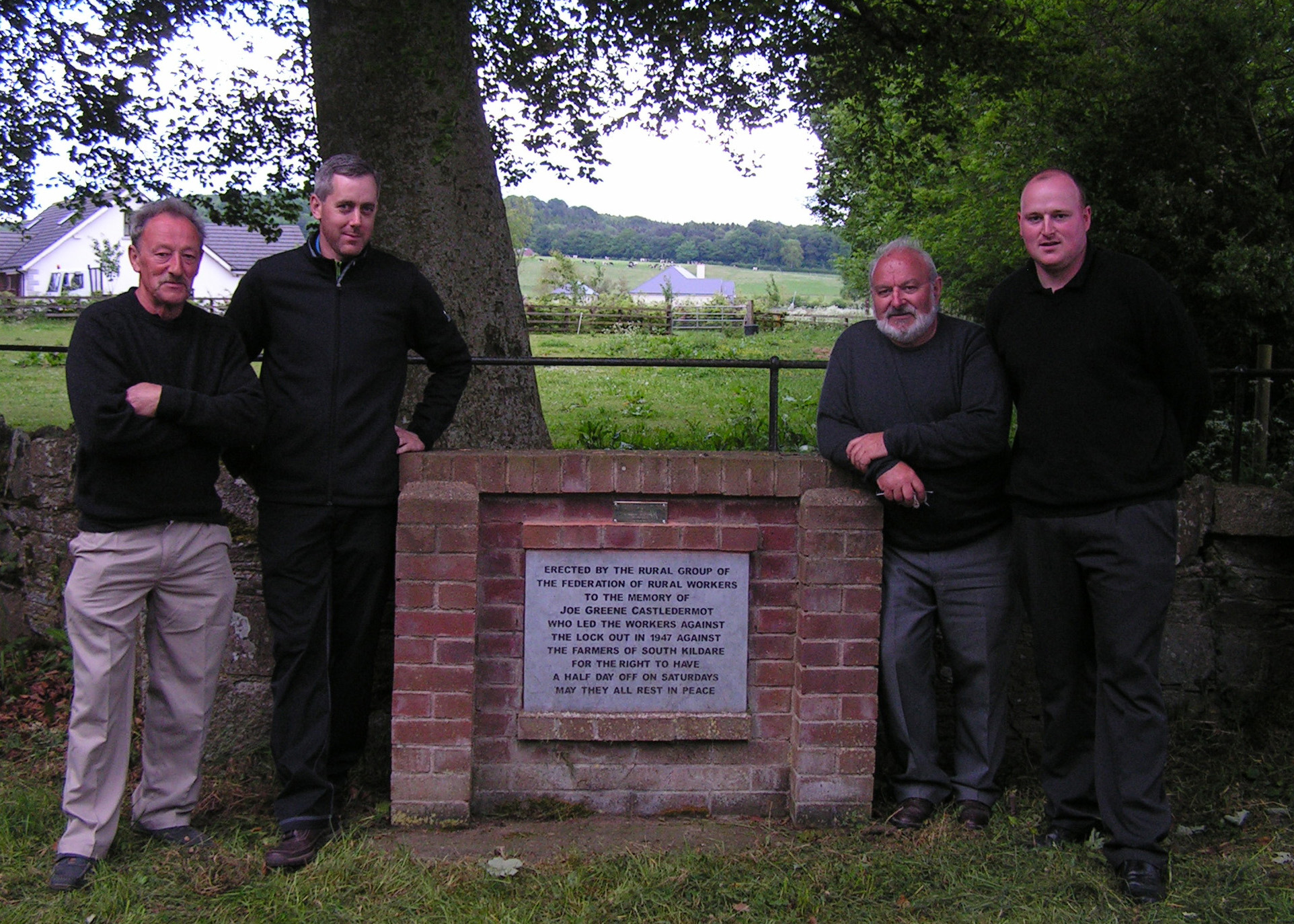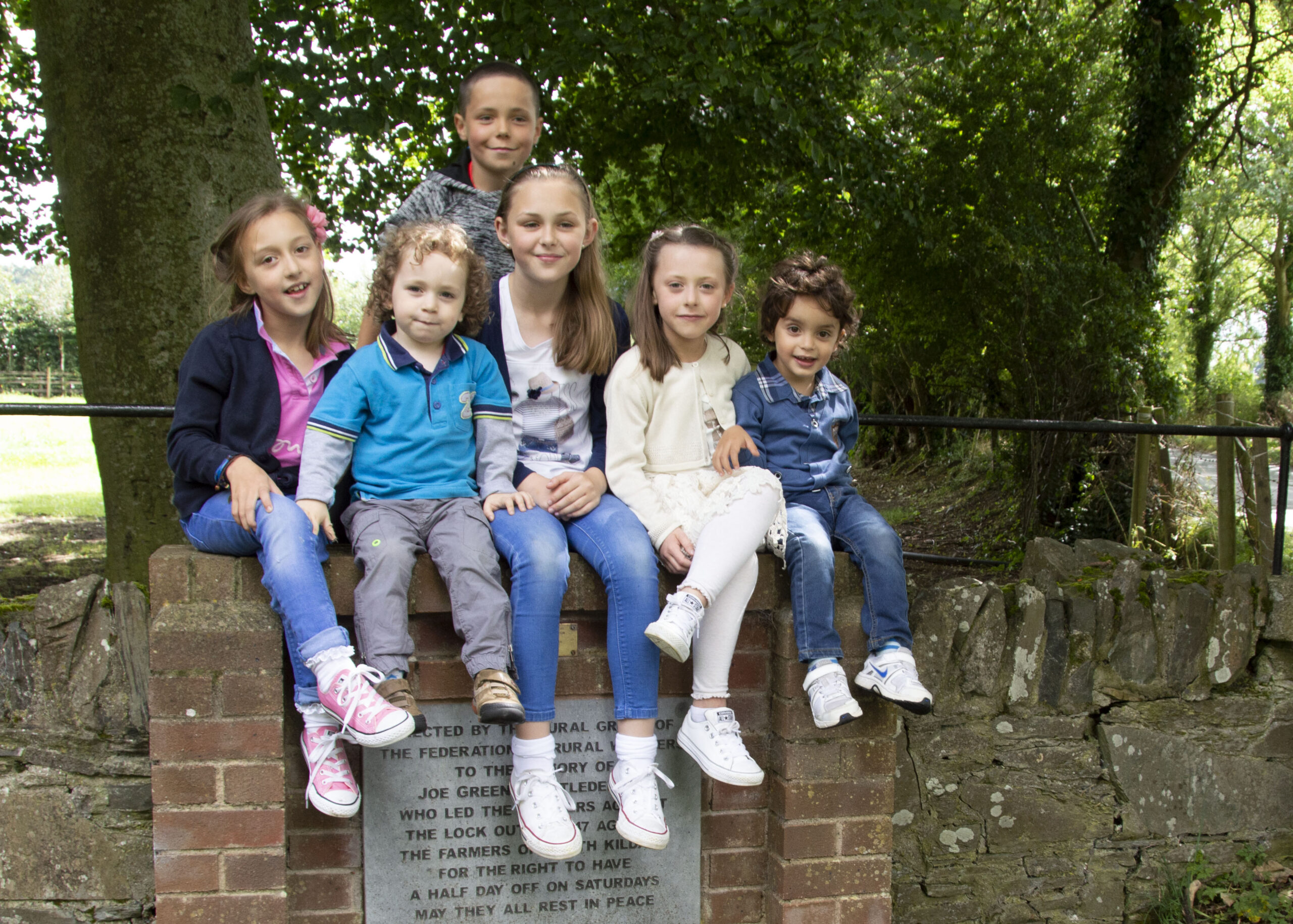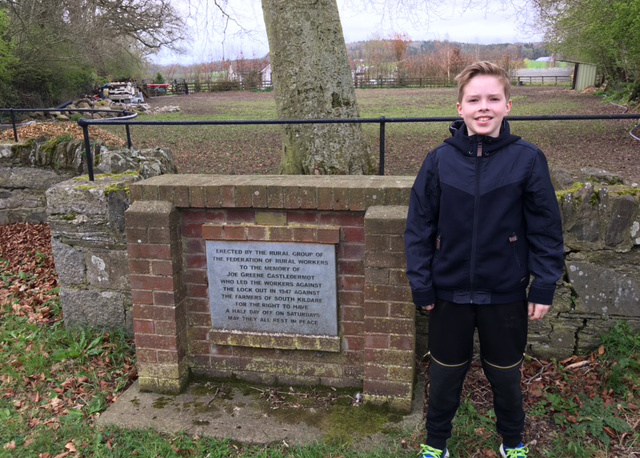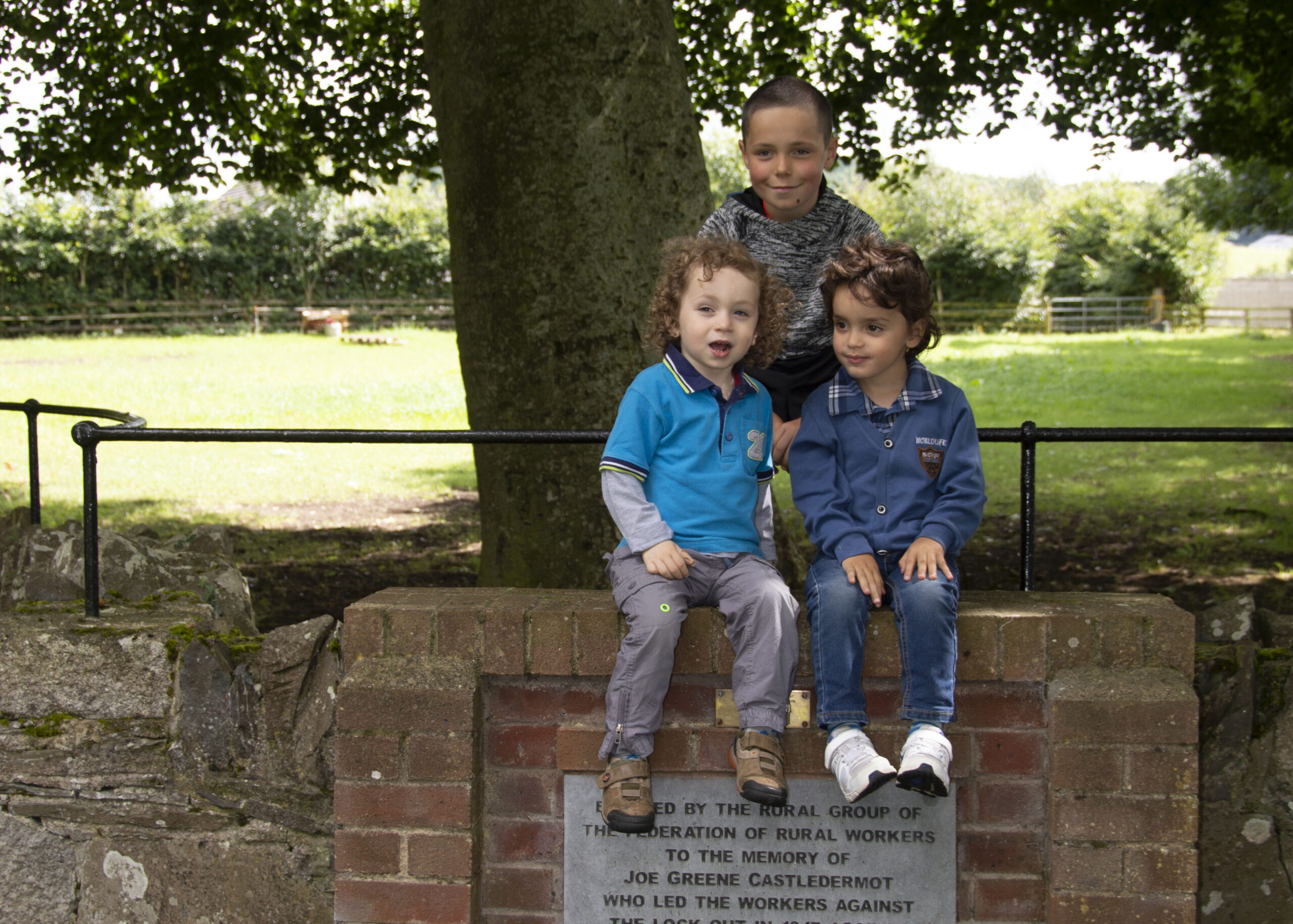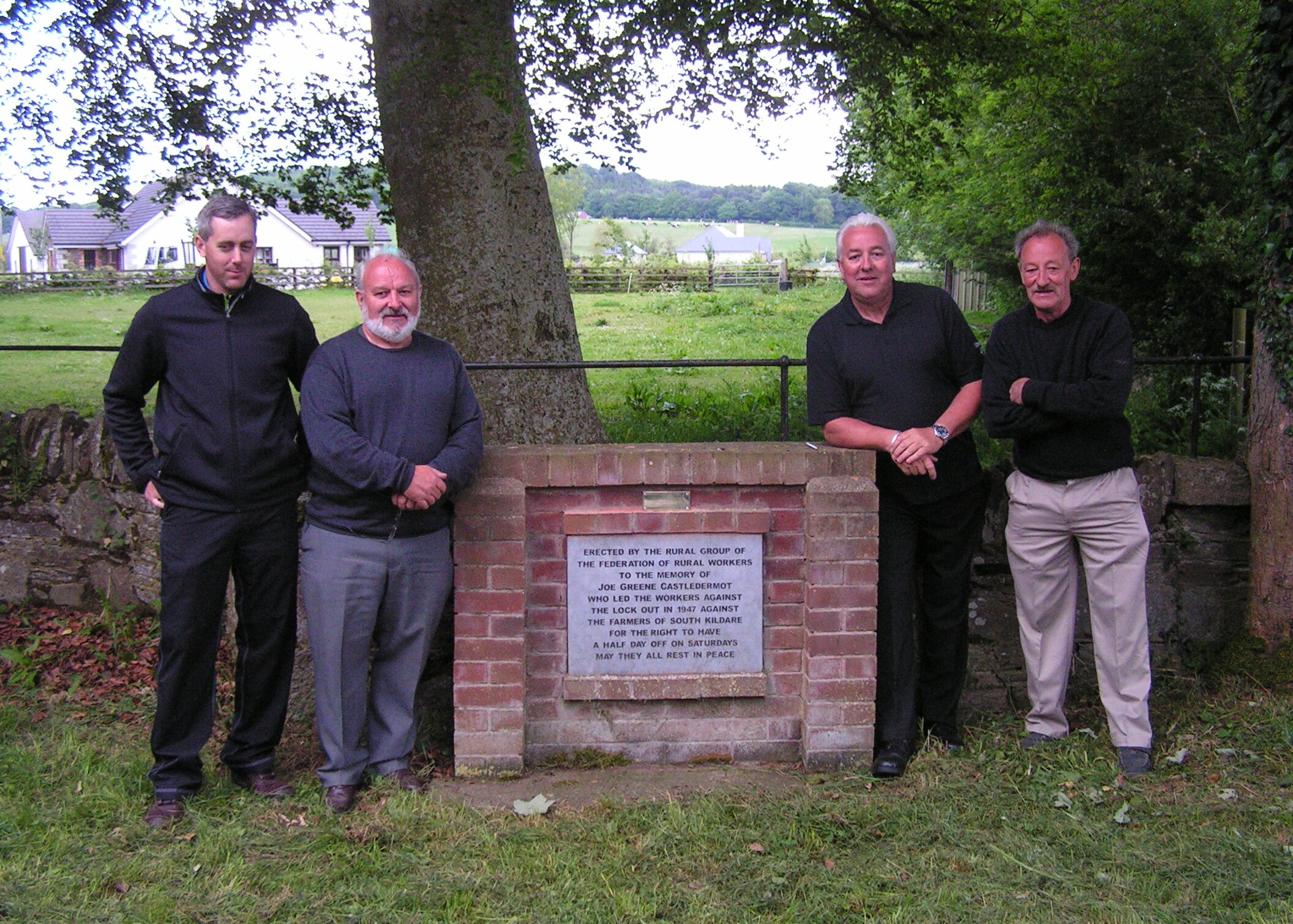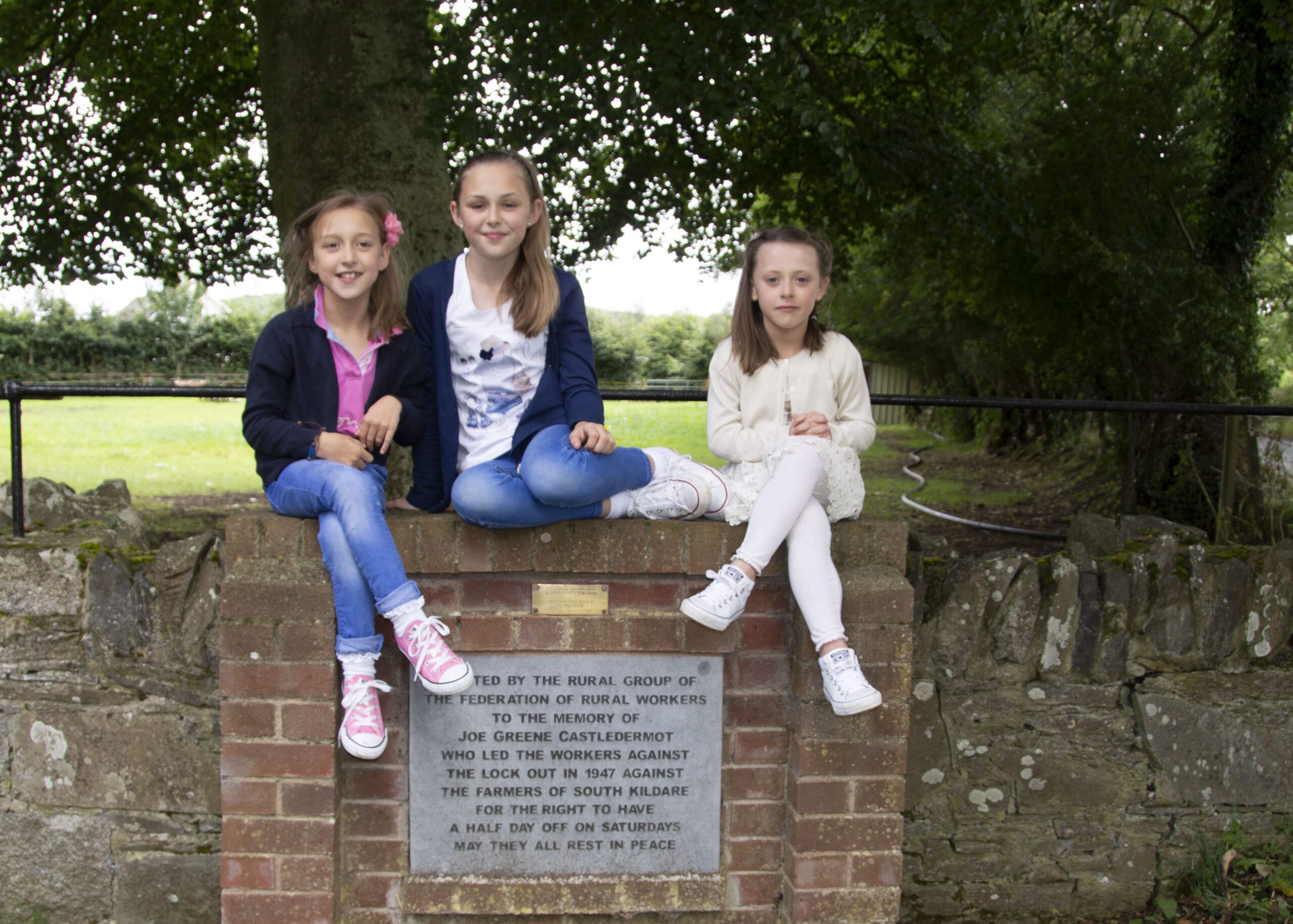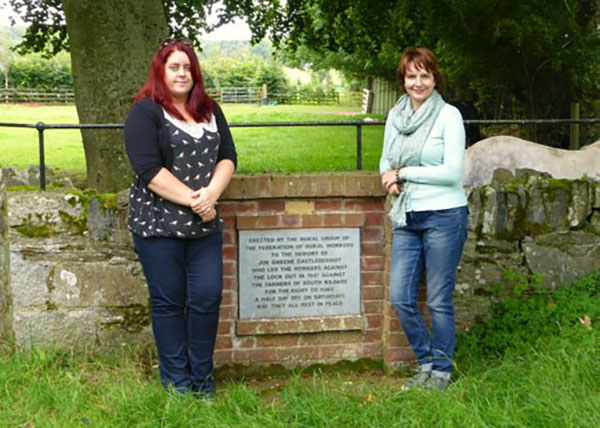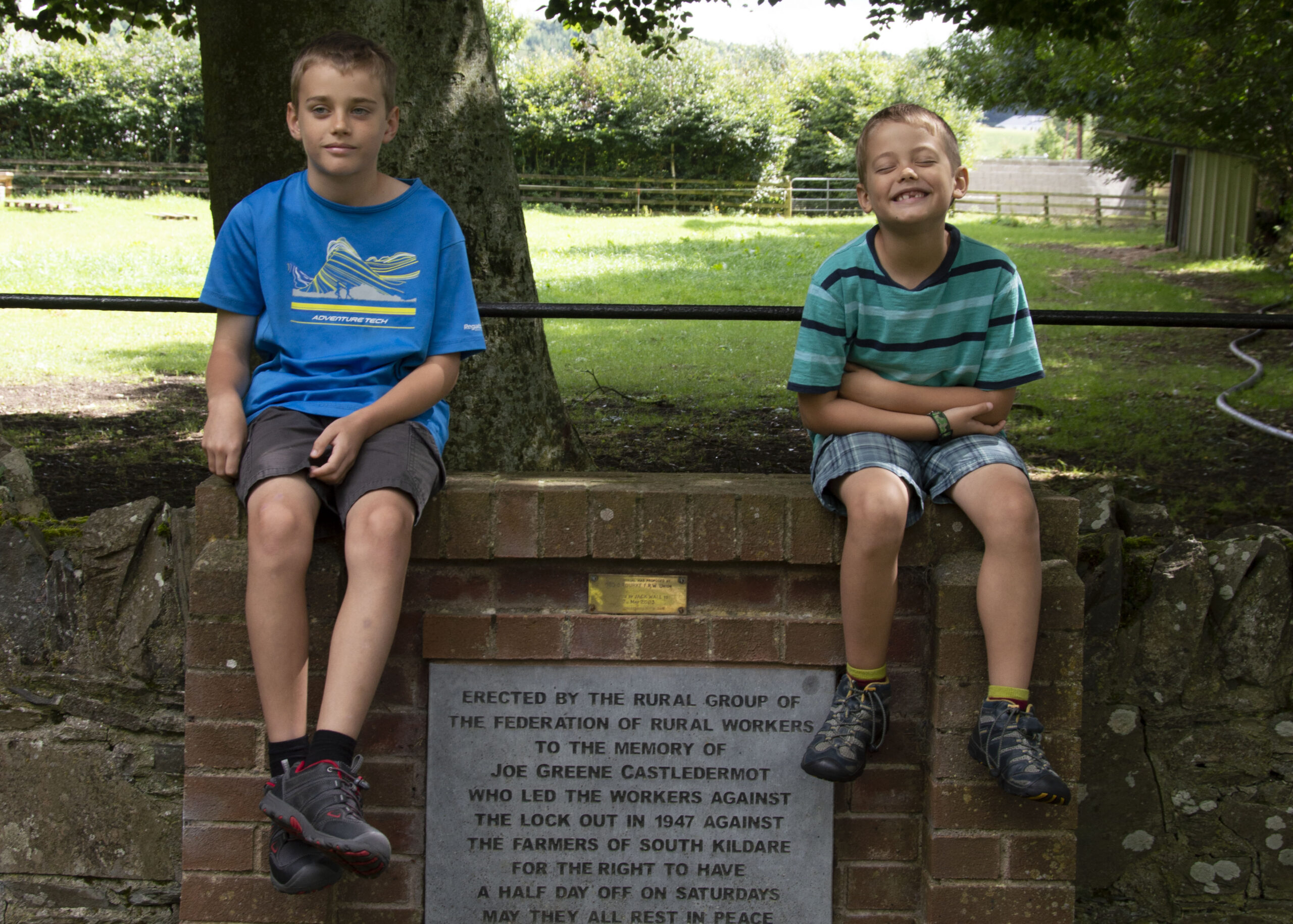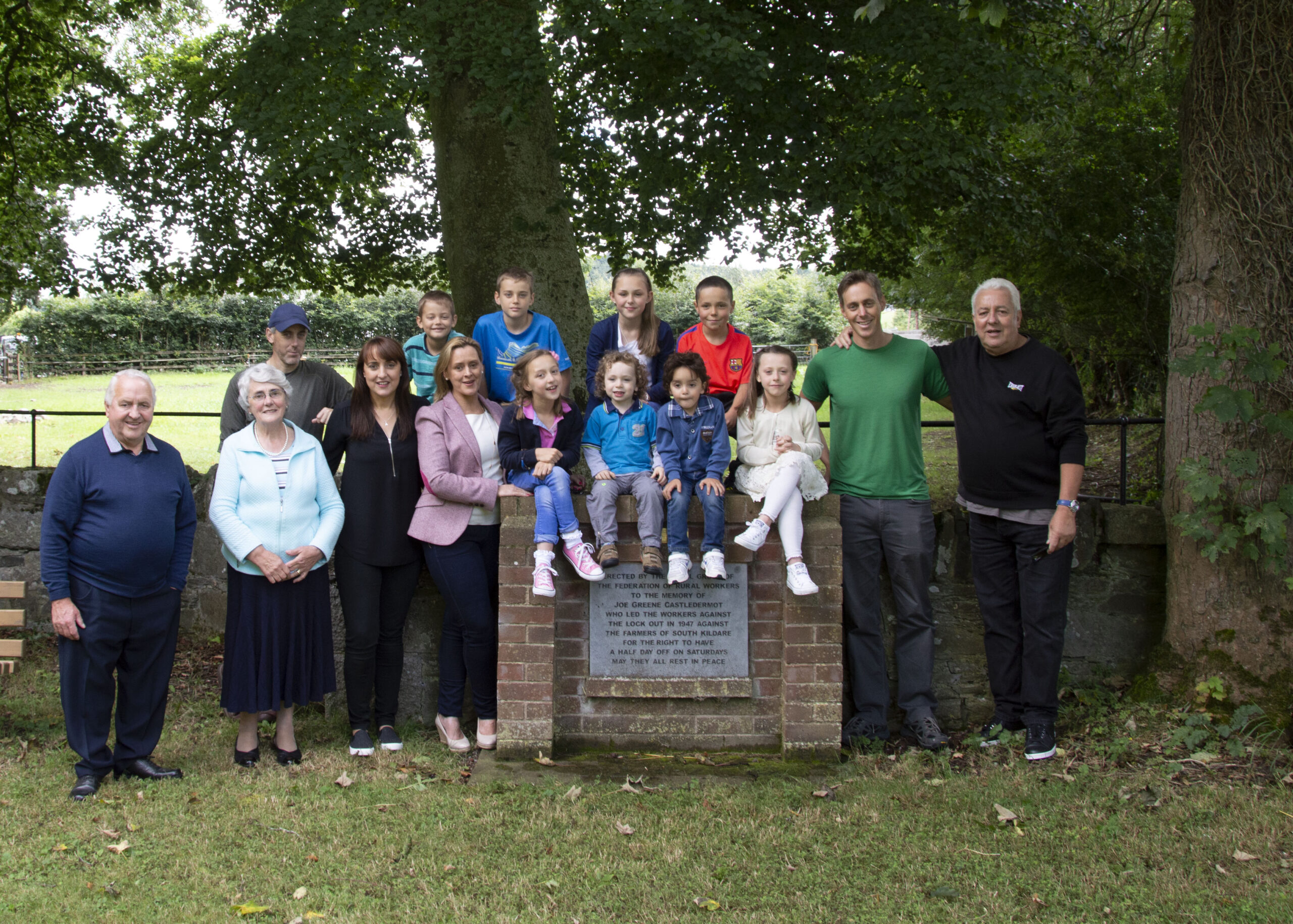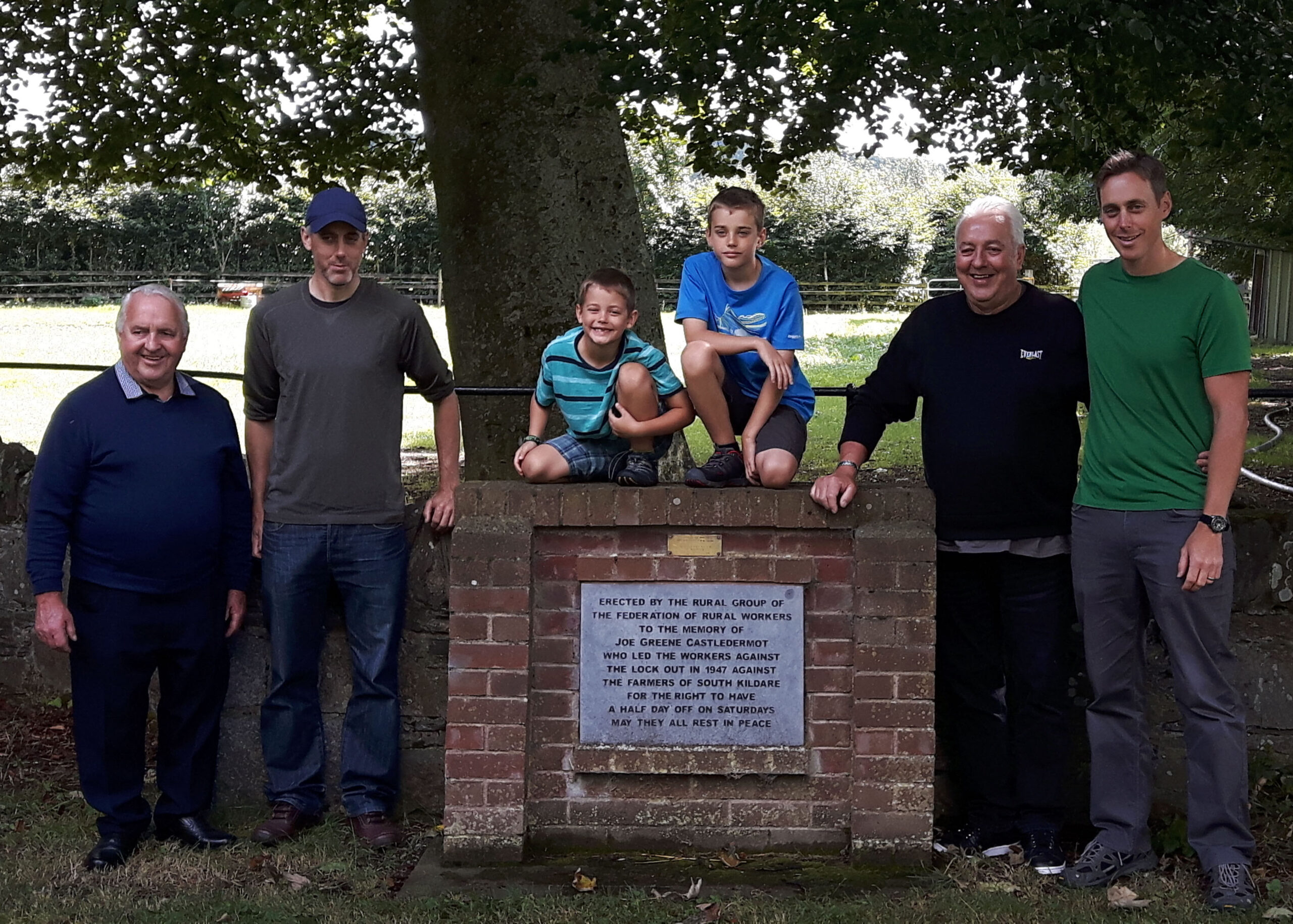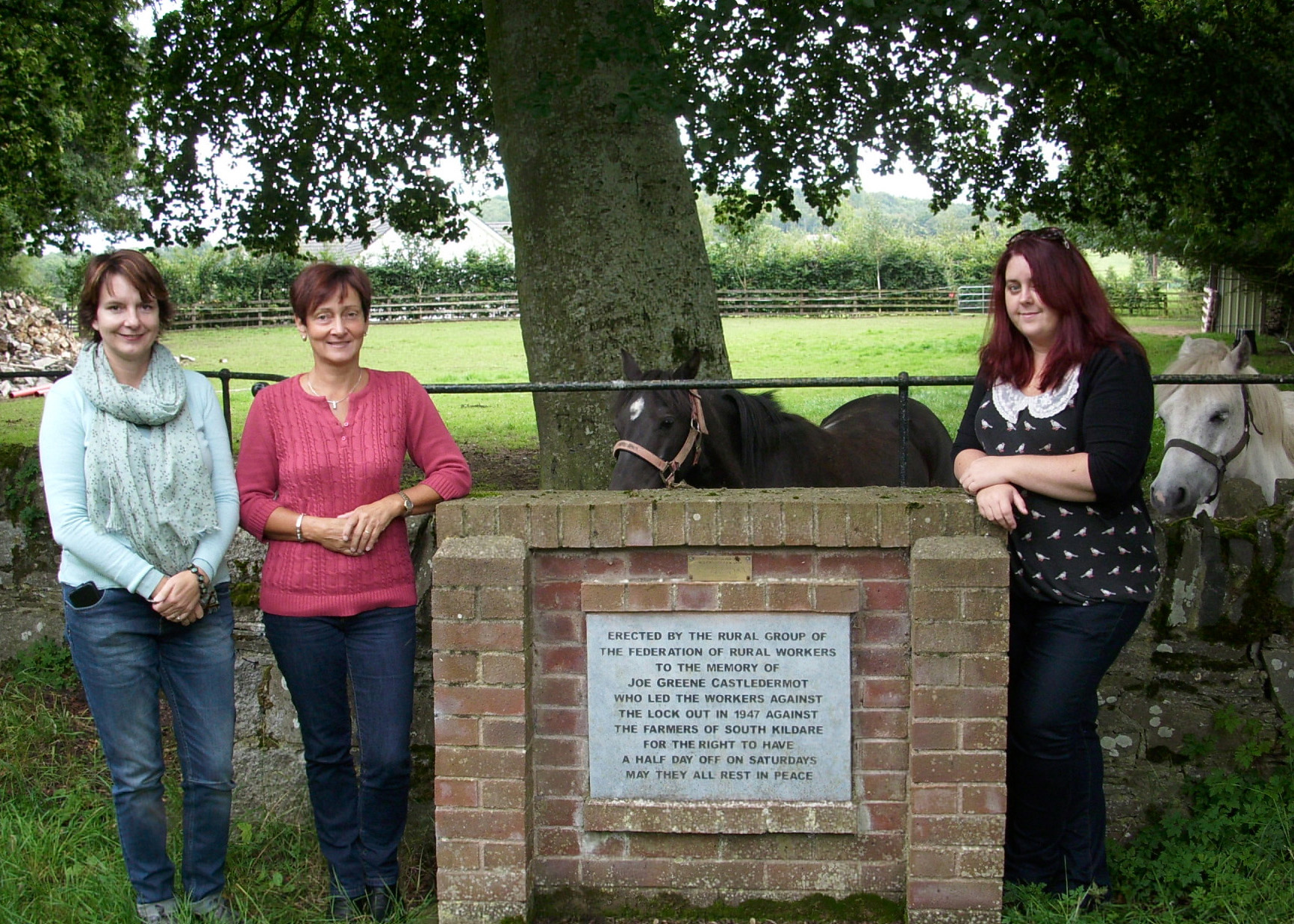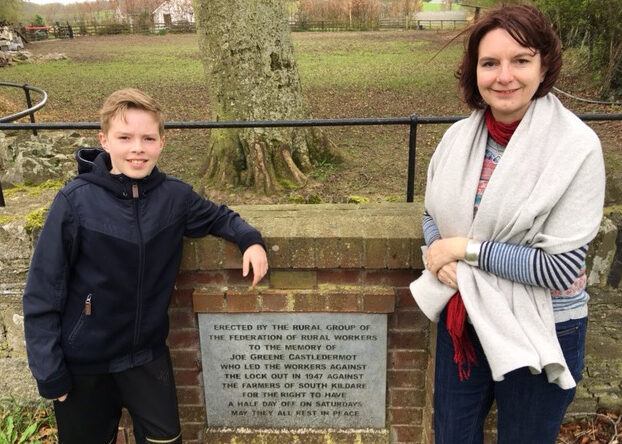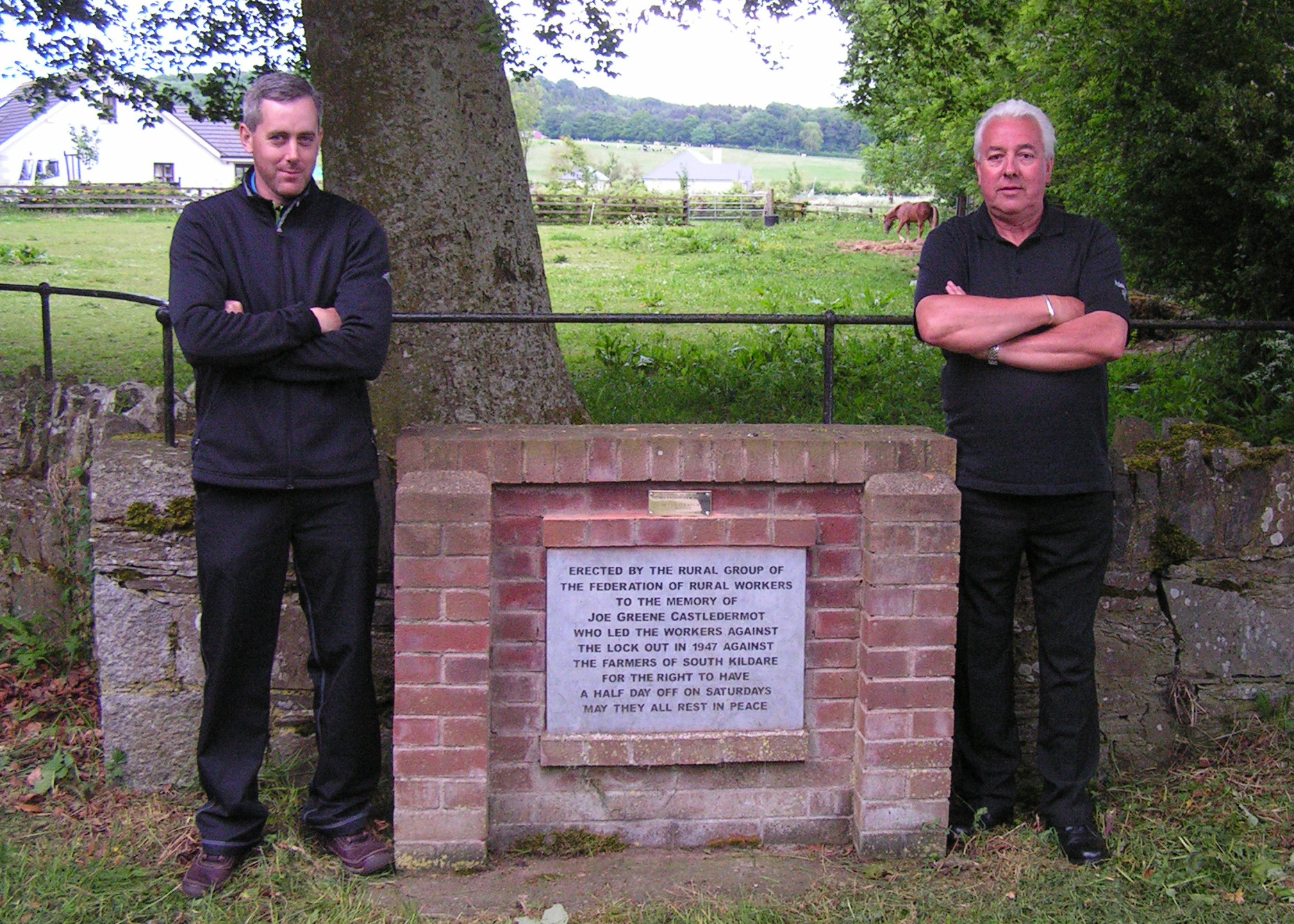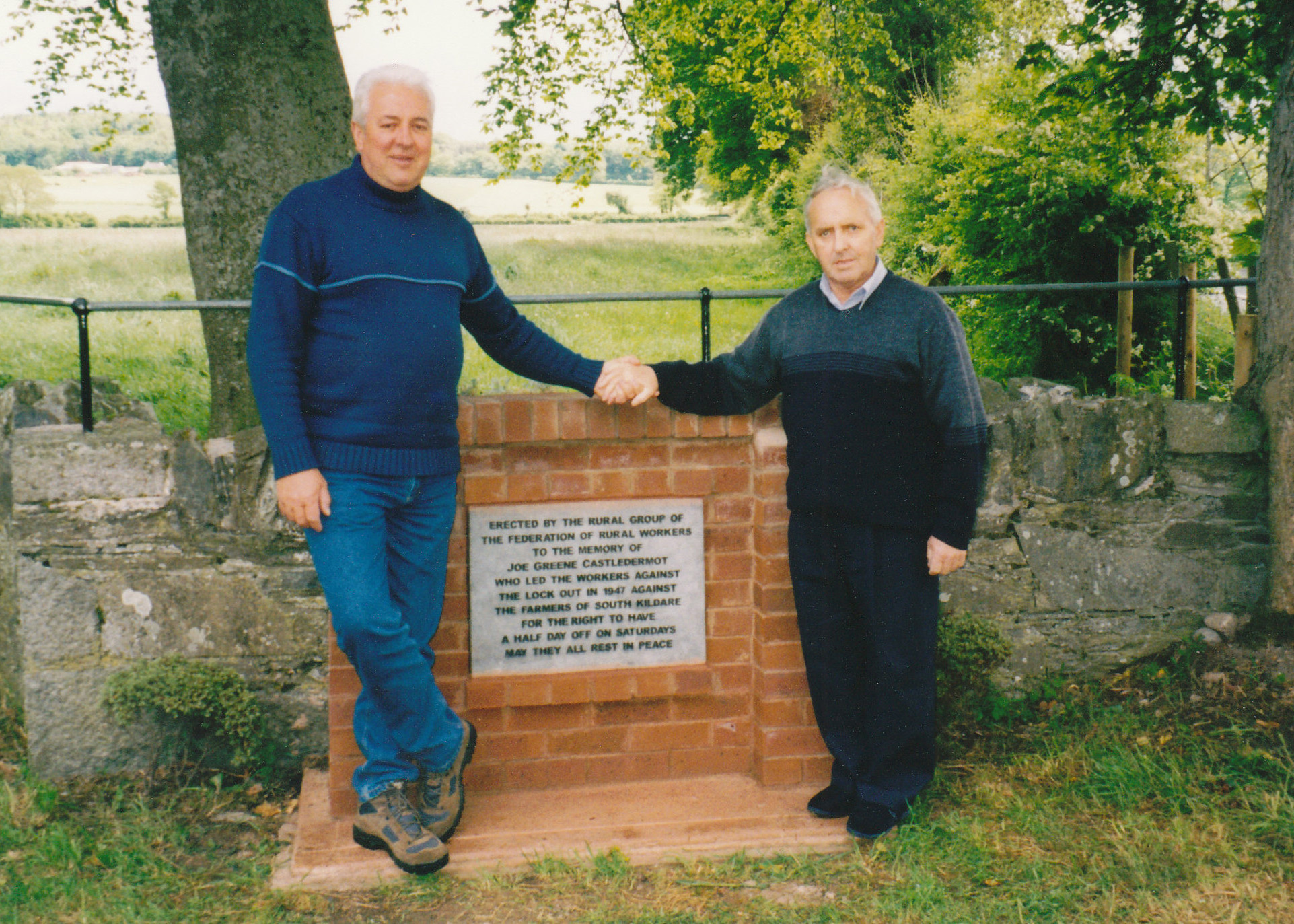WELCOME TO THE
Joe Greene
MEMORIAL WEBSITE
About Joe Greene
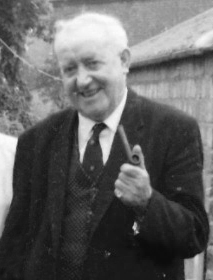
Joe Greene
Joe, as he was known to one and all, was one of five children born to Henry and Maria Greene. Henry traded as a harness maker as did Maria her dressmaking business, at St Johns , Castledermot. As a teenager Joe was apprenticed to the hotel trade in Dublin , some years later he was employed by the G.S.& W.R. in County Cork .
It was around this time he took a keen interest in politics and was an ardent supporter of Terence MacSwiney and was himself incarcerated in 1917 for his public demonstrations against the treatment the Lord Mayor of Cork was receiving in gaol. It was during the Civil War in 1922, that Joe found himself once again incarcerated. This time it was for his Anti -Treaty stance. Whilst in Cork , the stage filled whatever spare time Joe had and it was to the Leeside Players he turned to, to achieve his acting ambition.
Some of his early years were spent touring Ireland with travelling shows. The only professional entertainment country folk were likely to experience in the early nineteen hundreds, was when these larger than life actors arrived in small towns and villages, pitched their canvas marquees on village greens and for a few coppers would set about entertaining the audience with two act plays and a host of variety acts. Throughout his life he used his acting skills to raise funds for church restorations and local charities,
including the St Lawrence O’Toole Pipe Band.
The enthusiasm Joe instilled in others, resulted in Castledermot having an amateur dramatic society equal to any professional troupe. Back in Kildare and now married with a family, Joe’s deep sense of fair play and concern for the working conditions of his fellow workers came to the fore.
Joseph Patrick Greene. 1896-1970 Born at St Johns , Castledermot, Co.Kildare, Eire .
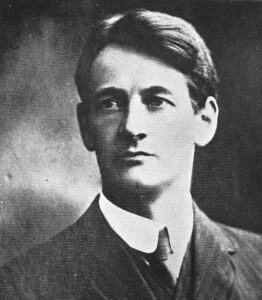
Terence MacSwiney
In rural Ireland and especially in the rich arable lands of Kildare, landlords and farmers reigned supreme!
Joe Greene and the 1947 South Kildare Lockout
Labourers wages were so low, their children sometimes went to bed hungry. The tied cottages were just another way to keep the farm labourer in his place, he was expected to hold the same political views of his employers and it must be remembered that if a working man at any time angered an employer, he would have his employment terminated, followed by eviction for himself and his family from the tied cottage.
Government, Church and Landowners united in keeping the workers on their knees. The time had come for men like Larkin, who in turn inspired men like Greene to unite and organize the workers of rural Ireland . A Labour man through and through, Joe campaigned in 1942 and was elected to Kildare County Council.
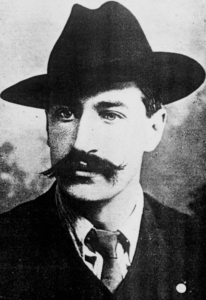
Jim Larkin
Many’s the rousing speech he gave from the school wall opposite the Church Of the Assumption before and after masses on Sunday mornings. Not surprising the Church seldom gave the speeches their blessings, in fact it was not uncommon for Joe to be labelled a Communist. The door to his home in Castledermot was always open to those in need of help or advise.
Some time before the lockout of ’47, Jim Larkin sent down from Dublin a Hawthorn whip which Joe proudly planted at The Round Bush, Kilkea. The Hawthorn the symbol of workers, found a fitting home at the crossroads, for it was there that the Federal Union Of Rural workers held most of their meetings out of necessity, because of a Church ban on the Union holding strike meetings in all halls under their control.
The Lockout became heated and sometimes bloody when scab labour was brought in to break the strike. Once the workers had found a voice, no longer would they take no for an answer. Times were changing and soon after, working conditions improved and the half day a week off was granted. The families and friends who stood shoulder to shoulder with the farm workers of South Kildare throughout this period should also be remembered.
We’ll never see their likes again.
Visiting Joe Greene Memorial
Location: Kilkea Kildare, Ireland
Intersection of R418 and L8049
South of Kilkea Castle Hotel & Golf Resort
(Caisleán Cill Chá)
52.940118, -6.890280
If you wish to add a photo from your visit to the Joe Greene Memorial, please include the names of the people shown. We would love to hear the story behind your visit.
